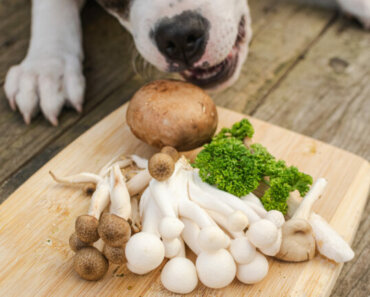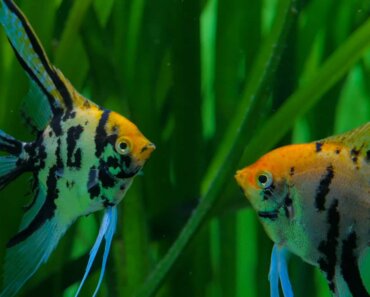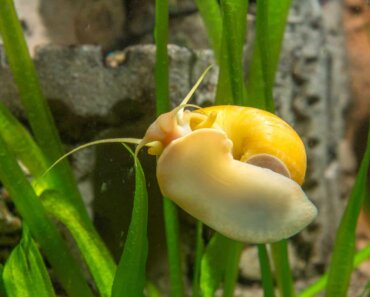Lean on your veterinarian and start your animal on joint supplements early in life.
As our dogs and cats age, we sometimes notice behaviors that may cause concern about their joint health. They may get up more slowly, have difficulty jumping up on furniture and navigating stairs, or they may limp and seem stiff. Dogs are more likely than cats to experience joint health concerns, but both can experience these problems. Cats can be very good at masking discomfort, but telltale signs are difficulty when grooming or issues with climbing in and out of the litter box.
Long-term over-activity, trauma, or joints deformed from birth are a few causes of joint deterioration in dogs and cats. Some large breeds, such as German Shepherd dogs or Maine Coon cats, are more likely to experience joint health challenges because their heavy bones put a lot of stress on the joints. Extra weight can also put a great deal of strain on a animal’s joints, which is why it is so important to feed a high quality diet, limit extra calories from treats, and give him plenty of exercise.
If you begin to see signs of joint discomfort in your dog or cat, start with your veterinarian, who will examine the joints, feel the range of motion, and maybe even take x-rays to look for changes in the joints. Your vet may take a conservative approach to managing your animal’s joint concerns, starting with anti-inflammatory medication and rest for milder cases. If the joint issue is severe enough, your dog or cat may need prolonged rest, physical therapy, or even surgery in addition to medication.
You can also take a proactive approach to joint health by starting your animal on a daily joint health supplement early in life, to help stack the odds in his favor as he ages.
Glucosamine
Glucosamine is a molecule that occurs naturally in the body, and when given as a supplement, may help protect joints and support normal healthy joint function throughout your dog or cat’s life. Glucosamine alone may provide the desired benefits, but an even better response may occur if you pair it with other ingredients such as chondroitin and hyaluronic acid (HA).
Chondroitin
Chondroitin has been found to give cartilage elasticity by helping it retain fluid, and may also contribute to maintaining integrity of cartilage, the joints’ natural shock absorber.
Hyaluronic acid
Hyaluronic acid is believed to help make fluid within the joints thick and lubricating, and to support the elasticity of cartilage and ligaments.
Omega-3 fatty acids
An Omega-3 fatty acid supplement may also help support joints so your animal can move more comfortably.
When shopping for joint health supplements, look for the NASC Quality Seal. This tells you the product comes from a responsible supplier that has passed a comprehensive facility audit and maintains ongoing compliance with NASC’s rigorous quality standards, which include strict guidelines for product quality assurance, adverse event reporting, and labeling standards. Visit nasc.cc/members for a complete list of NASC member companies that have earned the Quality Seal.




























